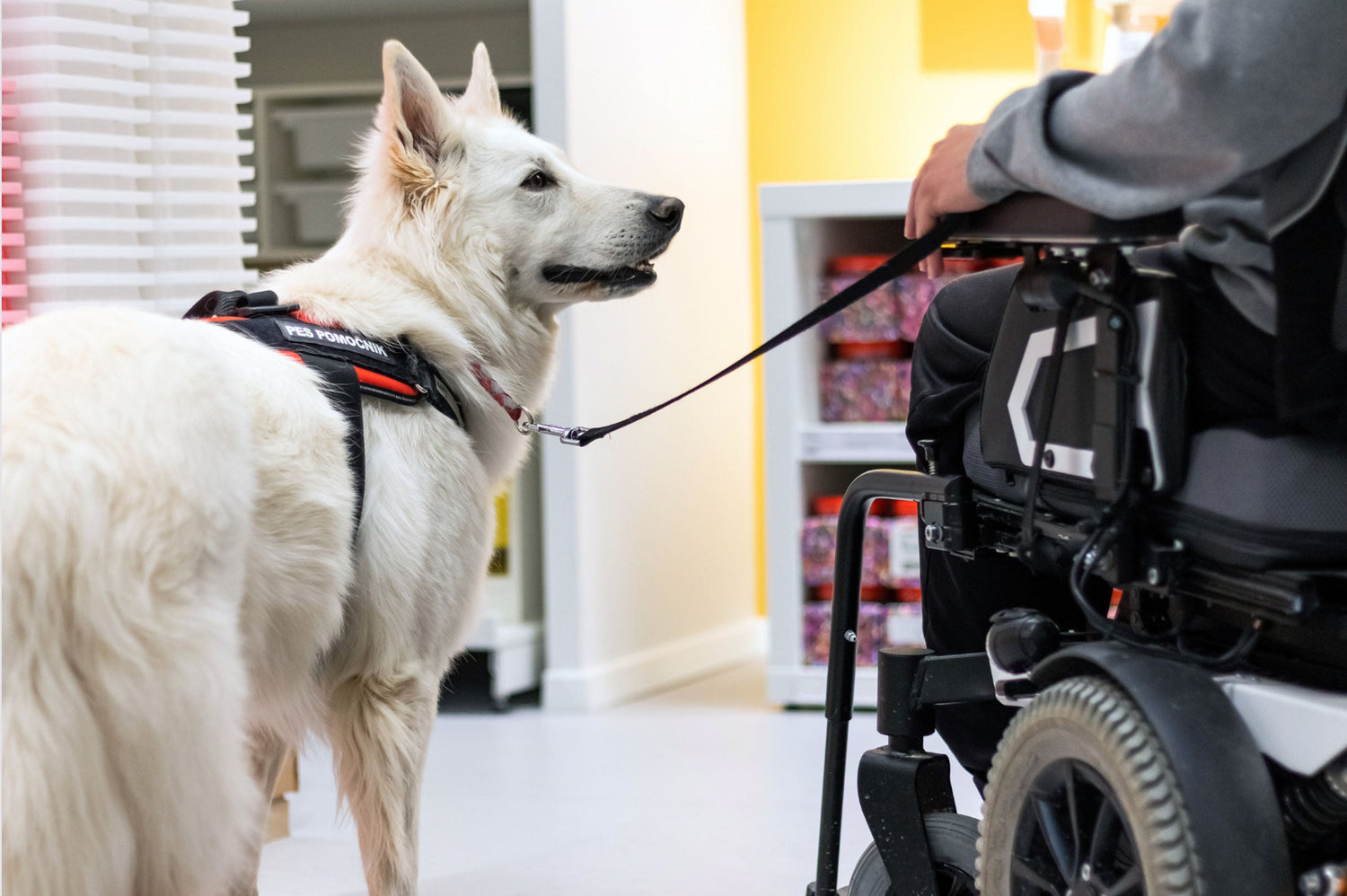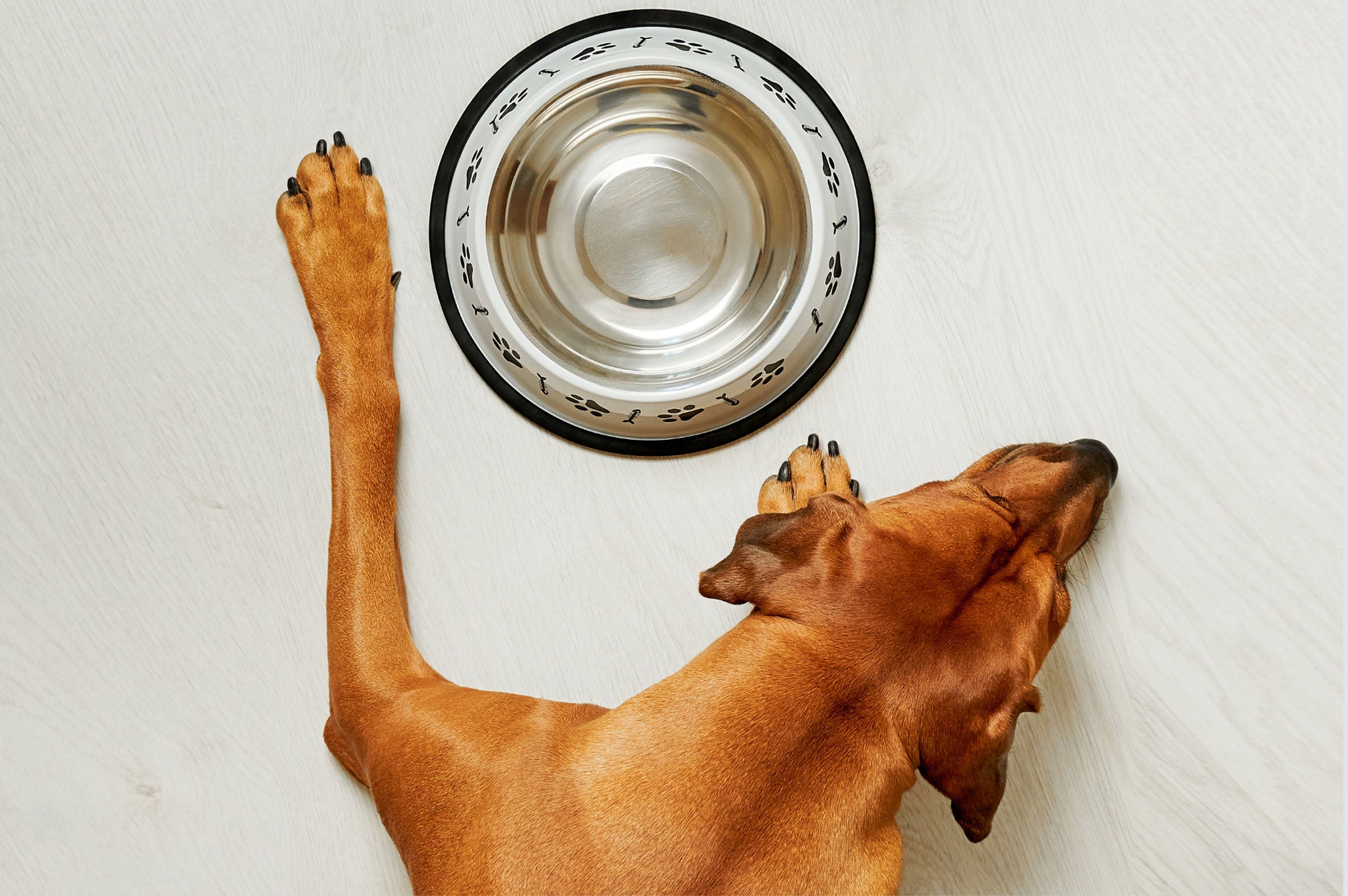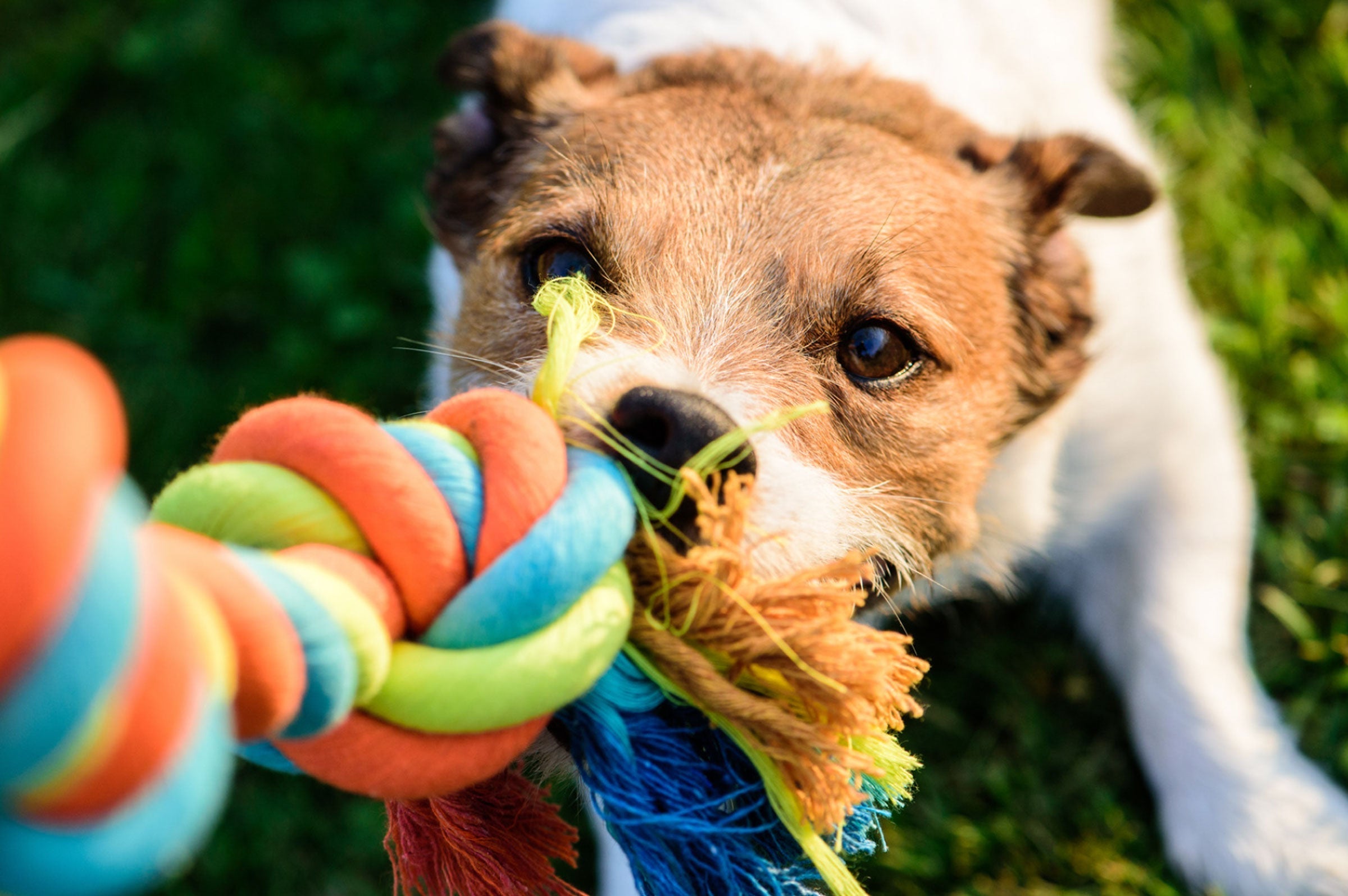Service dogs are invaluable companions, offering assistance that enhances the quality of life for people with various disabilities. These dogs are not just pets; they are trained to perform specific tasks that their human partners find difficult to manage alone.
Choosing the right breed is crucial because each breed brings its own unique traits and abilities to the role. Here are some of the best breeds commonly used as service dogs:
1. Labrador Retriever
Labrador Retrievers are perhaps the most popular choice for service dogs. Their friendly and outgoing nature, combined with a high intelligence level, makes them excellent for various roles, including guiding the blind, assisting those with autism, and aiding individuals with mobility issues. Labs are known for their dedication and patience, as well as their ability to work well in stressful situations.
2. Golden Retriever
Similar to the Labrador, Golden Retrievers are known for their gentle disposition and strong desire to please. This makes them particularly good at handling work that involves interacting with people, such as providing support for anxiety and PTSD. Goldens are not only intelligent but also easy to train, making them suitable for a wide range of service tasks.
3. German Shepherd
German Shepherds are valued for their strength, intelligence, and versatility. Originally bred for herding and guarding, these traits make them excellent service dogs for those requiring physical support. German Shepherds are often used in police and military roles, reflecting their training versatility and high level of discipline, which also makes them outstanding service animals.
4. Poodle
Poodles, particularly standard poodles, are a top choice for service work due to their hypoallergenic coats, which are great for those with allergies. They are incredibly intelligent and easily trainable, excelling in tasks that require problem-solving skills. Poodles are often used for medical alert services, such as detecting seizures.
5. Boxer
Boxers are known for their loyalty and protective instincts, making them excellent companions for those with physical disabilities. They are energetic and playful, but they also take their role as a service dog seriously, providing both physical support and emotional comfort.
6. Border Collie
Border Collies are the intellectuals of the canine world, highly energetic and incredibly focused when it comes to their tasks. They are best suited for individuals who can match their high energy levels and need a dog that can perform complex tasks consistently.
7. Cavalier King Charles Spaniel
For those needing a smaller breed, the Cavalier King Charles Spaniel is an excellent choice. They are particularly adept at providing emotional support and are often used as therapy dogs. Their friendly and affectionate nature makes them a comforting presence.
Conclusion
Choosing a service dog breed depends largely on the specific needs of the person. While the breeds listed here are among the best for service work, the individual dog's temperament, training, and health are also crucial factors.
Always consider these elements in consultation with professional trainers to find the most suitable service dog for your or your loved one’s needs. This guide should help those looking into acquiring a service dog make an informed decision on which breed might best suit their needs. Once you have your perfect match, keep your new furry helper healthy and happy with Pet Wellness Direct supplements.











